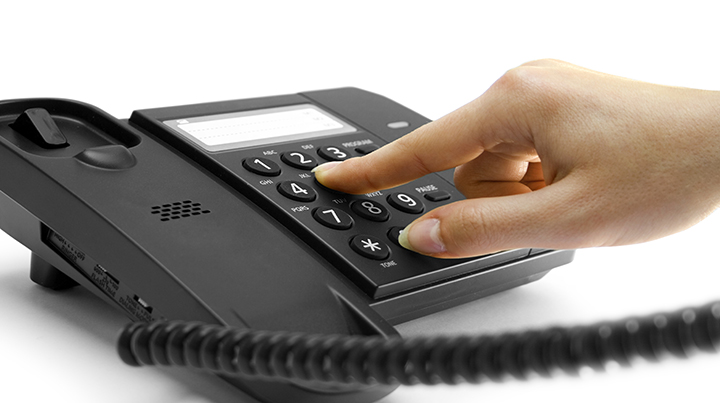A district court in Maryland has ruled that a debt collection agency did not violate the Fair Debt Collection Practices Act, 15 U.S.C. § 1692 (“FDCPA”)’s mini-Miranda requirement by failing to disclose its identity in a call initiated by the plaintiff in response to a debt collection letter.
Background
Consumer plaintiff Rhonda Price-Richardson defaulted on a $4,525 balance she owed to her dentist, who transferred the debt to a collection agency, DCN Holdings, Inc. DCN sent Price-Richardson a collection letter, printed on its letterhead, that contained all of the required disclosures. Six months after receiving the letter, Price-Richardson called DCN and spoke with a representative regarding her account.
Price-Richardson brought suit under the FDCPA regarding her phone call, alleging, among other violations, that DCN failed to identify itself as a debt collector during the course of its debt collection communication, in violation of 15 U.S.C. § 1692e(11). DCN moved to dismiss all claims in the amended complaint. It did not dispute that it failed to make the required mini-Miranda warning during the call, but instead argued that the disclosure was unnecessary given that Price-Richardson initiated the phone call.
Court’s Decision
The Court dismissed all of Price-Richardson’s claims against DCN. However, in so doing, it rejected DCN’s argument that the FDCPA does not apply to any consumer-initiated calls. Because the communication was in furtherance of DCN’s collection of a debt, the Court reasoned, the FDCPA applied.
In addressing the disclosure issue, the Court found that DCN’s initial collection letter, which spurred Price-Richardson’s call, sufficed to fulfill its mini-Miranda disclosure requirements. The Court found that “[s]ection 1692e and its subparts were intended to protect consumers from deceptive practices, not to require needless disclosures.” Because DCN had already disclosed its identity and purpose, any further disclosure would be needless. However, in reaching this decision, the Court reiterated that Price-Richardson’s initiation of a phone call does not eviscerate the disclosure requirements of the FDCPA. Rather, DCN had fulfilled those requirements.
Conclusion
This case demonstrates the importance of including a clear and complete disclosure in a collection letter. Although DCN did not disclose its identity during the phone call at issue, it escaped liability based on the disclosure in its collection letter. Moreover, this case reiterates that the FDCPA applies to consumer-initiated phone calls, so companies should have procedures in place to comply with the FDCPA regardless of who initiates the call.
The case is Rhonda Price-Richardson v. DCN Holdings, Inc., d/b/a Accountsreceivable.com, Civil Action No. MJG-17-2038 (D. Md.). Read the decision here.
